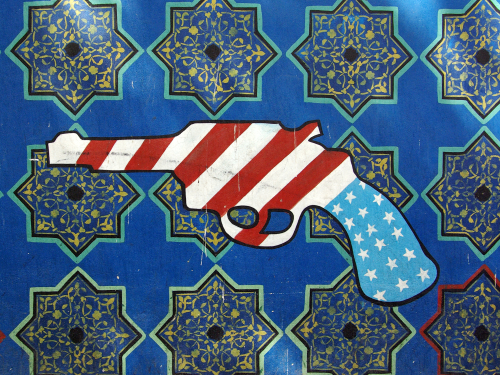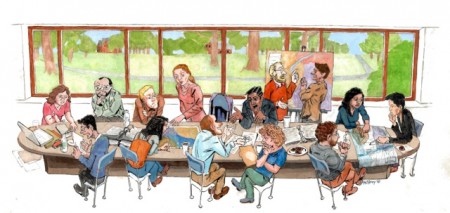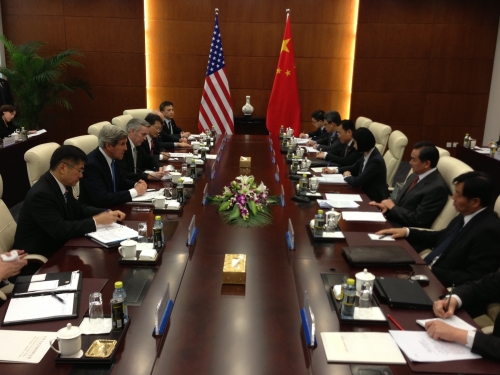
After months of seemingly endless negotiations in a country that has seen years of conflict, the moment has finally come to sign a peace agreement. Exhausted, the mediator is preparing herself for the ceremony, which will take place in a few hours. But before she gets ready to leave, a representative of an international organization enters the mediation office, with a glum expression on his face. “Your text is not nearly as gender-sensitive as we would have liked; you omitted several of our clauses. We counted on you and you failed to put them into the agreement. You have to change it, or we will not endorse the agreement!”
Although fictional, the above example reflects how common it has become in mediation to push aggressively for the inclusion of norms. Mediators are faced with ever-higher expectations when it comes to including normative demands into peace agreements – not just from advocacy groups lobbying for their interests but increasingly from mandating authorities like the United Nations, the European Union or state governments. This raises many questions about how to treat these demands. If they represent diverging interests, some of them may have to be tempered or sequenced. But it also raises another, perhaps more fundamental, question: to what extent is it a mediator’s role to promote norms in a mediation process?




